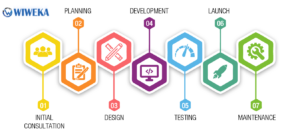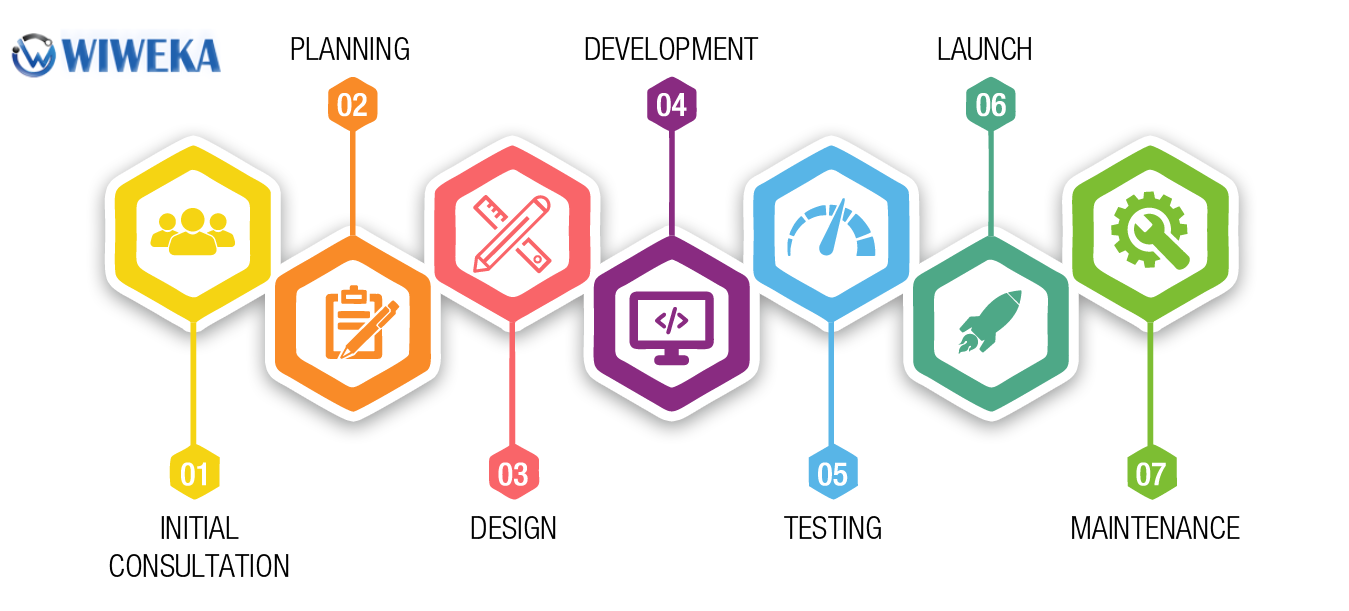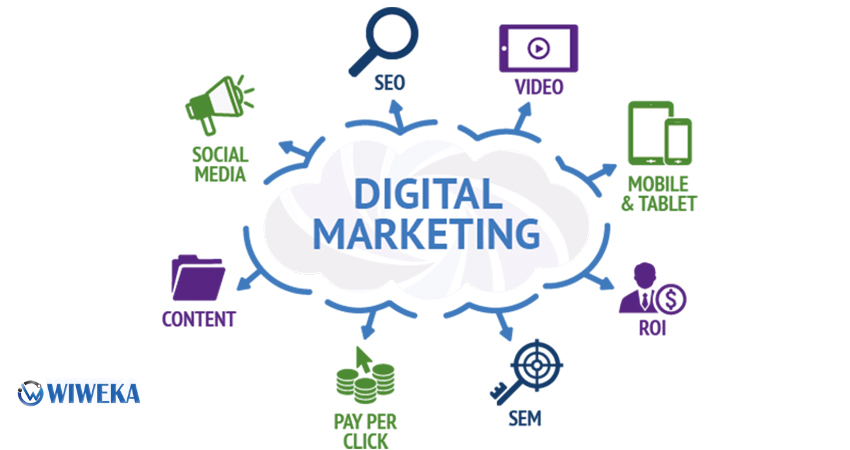
Before publishing or going live on a website, it is important to go through a series of steps and checks to ensure that your website is ready to launch well. Here are the steps you need to take before publishing:
Content Preparation
Make sure your website content is complete, relevant and interesting for visitors. Double check all the text, images and videos that will be featured on the website.
Functional Testing
Carry out comprehensive testing to ensure all website functions run well. Check navigation, contact forms, search features, and other features to ensure they are working as expected.
Responsive Testing
Make sure your website is responsive and displayed well on a variety of devices, including desktop, tablet, and mobile. Performance testing to ensure optimal display on all screen sizes.
Speed and Performance
Check your website speed using a speed testing tool like Google PageSpeed Insights. Make sure your website loads fast to provide a good user experience.
SEO Optimization
Carry out SEO optimization by making sure each page has a relevant title, description and keywords. Also ensure the URL structure is clear and easy for search engines to understand.
Monitoring and Analysis
Once your website is online, make sure you have a web analytics tool installed, like Google Analytics. This will help you monitor website performance, track visitors, and get useful insights for further development.
Once all the steps above are completed and you are sure that your website is ready, you can publish or go live your website. Make sure to consistently monitor and update your website according to visitor needs and feedback.











Hey, found the part about SEO Optimization pretty useful. Trying to get my little shop online and wondering if there are beginner-friendly tools you’d recommend, Wiweka? Cheers.
Tanya, you might want to try some plugins like Yoast for WordPress. They’re pretty straightforward for SEO beginners.
Also, Google Keyword Planner is a great tool to search for keywords relevant to your products. It’s free!
On SEO Optimization, does using more keywords mean better SEO, or is there a limit? Anyone knows?
Responsive Testing saved my blog. Didn’t realize how many people read my stuff on mobile until I made those changes. Great tip!
Functional Testing isn’t just about clicking around. Think about edge cases. What happens if someone enters an email without an ‘@’? Chaos. Chaos happens.
Speed and Performance – not just important for websites, but also for frying bacon. Nobody likes a slow-cooked website or undercooked bacon!
Is it just me or does all this SEO and performance stuff sound really complicated? Hoping I can manage when I take my store online.
Honestly, the most satisfying part of building a website is seeing the green scores on Google PageSpeed Insights. It’s like a video game but for web performance.
On the point of Monitoring and Analysis, any specific metrics we should focus on in Google Analytics to really understand our audience?
Imagining my blog responsive on all devices gives me the same butterflies as thinking about playing on stage. Any advice for making a site as captivating as music?
Don’t forget, using a Content Delivery Network (CDN) can majorly boost your website speed and performance. It’s a game changer!